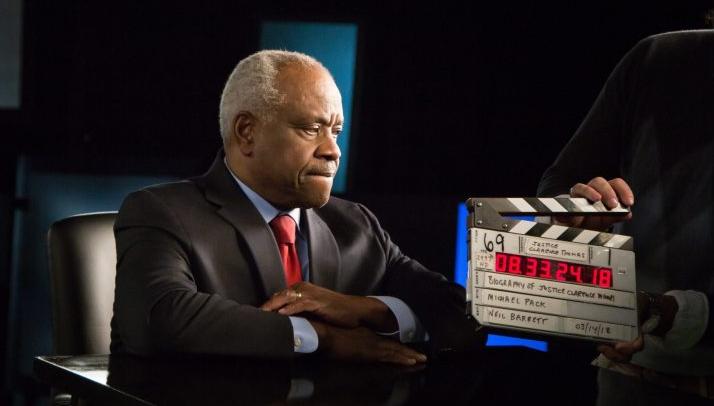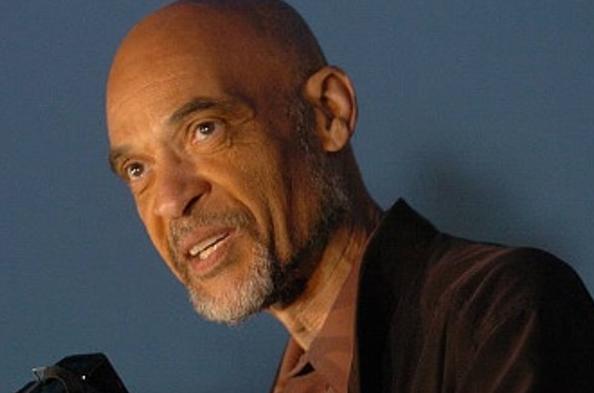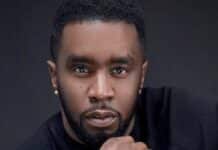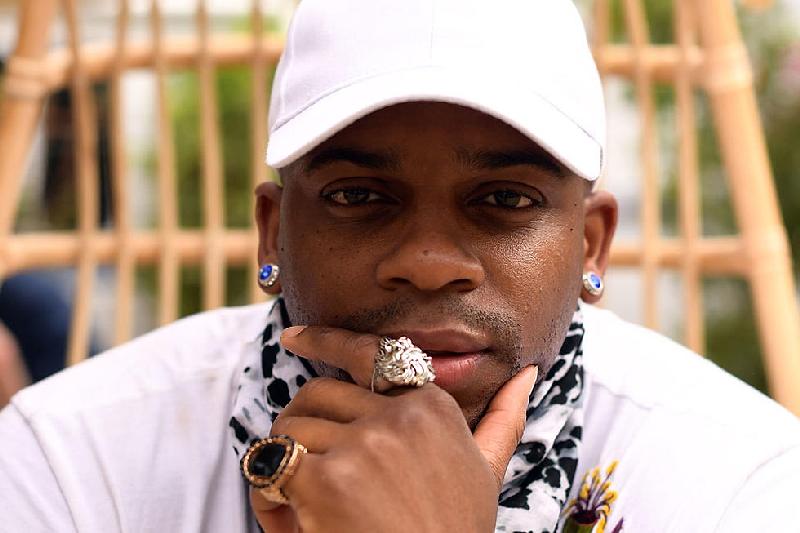
*This is the first in a two-part series on Clarence Thomas’ Court. This an excerpt from Earl Ofari Hutchinson’s Forthcoming Book, Thomas’ America (Middle Passage Press)
Following the heavy fallout from the SCOTUS’s final rejection of the use of race criteria as a factor in college admissions in June 2023, two words were increasingly quietly and openly being said about the High Court. The words were “Thomas’s court.”
This was not hyperbole. At the time of the decision, Clarence Thomas was the current longest-sitting judge on the court. His “originalist,” strict constructionist views– that is the view that the Constitution and other laws should be understood according to the conventional meaning of the text when ratified or enacted by the Founding Fathers–were embraced and embedded in his dissents and opinions. They were now to one degree, or another embedded in the opinions and rulings of the majority of the court’s justices.
Thomas’s new-found unabashed power and influence was at work. And he knew it. He had emerged forcefully from the shadows and opaqueness that he had calculatingly shrouded himself in for decades on the court. His long-winded written rationale for voting to strike down affirmative action in college admissions was a big, aggressive, forceful statement that he had finally arrived as a, if not the major power broker on the court.
This was the fulfillment of his long ambition, as well as a validation of his long game to upstage his legion of dogged, unforgiving detractors. And at the same time bending the court to his will and philosophy.
Thomas’s power and confidence were so immense that court justices were silent, turned a blind eye, or uttered the most unconvincing of promises to exercise better ethics scrutiny over Thomas’s outrageous flaunting of the requirement to disclose gifts and perks received from cheerleading donors and friends. While some Democrats screamed for his head; namely impeachment, Thomas was smugly comfortable in the knowledge that the calls would be just that, calls. They almost certainly would ultimately come to nothing.
Thomas’s many defenders turned the table on the threatened ethics probes called for by Democrats of him. They simply viewed this as further proof of his leap to the forefront as a court power broker, said one, “It’s a “kind of sore loserism taken to a whole new level.”
The now suddenly openly impactful Thomas showed another side to reinforce his stature as the court’s conservatives point man. He talked. For years, Thomas was the butt of jokes about his clam-like, refusal to utter a single word, let alone ask a question or make a quip during oral arguments before the judges in cases.
Thomas on occasion was asked why he never uttered a word for more than a decade on the bench. He has offered a variety of reasons for his silence from the bench.
Here was one answer he gave, “We have a lifetime to go back in chambers and to argue with each other. The lawyers only have about 30 minutes to present their side of the case. They should argue. That’s part of the process.” He added that he didn’t like to “badger people.”
That changed in 2020 in a trademark protection case. Thomas now became the aggressive questioner of attorneys.
“A couple of questions,” Thomas began, “Could Booking acquire an 800 number that’s a vanity number — 1-800-BOOKING, for example — that is similar to 1-800-PLUMBING, which is a registered mark?” He continued, “Well, that could be true,” Thomas answered. “I’d like you to compare this to Goodyear.”
“In Goodyear, you had a generic term, but you also had added a term such as company or inc. which any company could use. Now, with Booking, there could only be one domain address dot com. So this would seem to be more analogous to the 1-800 numbers which are also individualized.”
Thomas’s question garnered lots of stunned and incredulous press attention. Yet, it left no doubt that his days of silence, seeming passivity, and inertia were over.
The decisive turning point in Thomas’s fortunes as a court conservative leader came in 2022. The defining moment was the case York State Rifle & Pistol Association v. Bruen. This permitted the right to carry firearms for self-defense outside of the home. The shield again was the Second Amendment.
This was tailor-made for Thomas. He could apply his hard-wired “originalist” view of the Constitution to the issue. In this case, he wrote the majority opinion that upheld almost unlimited gun owner rights, citing the Second Amendment.
The decision virtually directed lower courts to apply the same strict construction ruling in deciding similar cases. His message: the Second Amendment should be understood the same way it would have been interpreted at the time of its adoption.
Thomas watchers were quick to note how Thomas after this decision, and the prime role he played in it, had now moved front and center to change the judicial game on the SCOTUS, “The story isn’t so much that Thomas has changed, but that the court has changed around him,” observed Columbia Law School professor, Olatunde Johnson. She added that the Thomas court is “unequivocally a more conservative court than when he joined. That not only makes him no longer isolated on the court but could even make Thomas feel bolder in his jurisprudence.”
As subsequent events would show this was an understatement about Thomas.

Earl Ofari Hutchinson is an author and political analyst. He also is the host of the weekly Earl Ofari Hutchinson Show at 9 a.m. Saturday on KPFK 90.7 FM Los Angeles and the Pacifica Network. He is the publisher of thehutchinsonreport.net
RELATED NEWS ON EURWEB: Clarence Thomas Sold Property to Billionaire Harlan Crow – Guess Who Didn’t Disclose the Deal? | VIDEO
We Publish News 24/7. Don’t Miss A Story. Click HERE to SUBSCRIBE to Our Newsletter Now!





